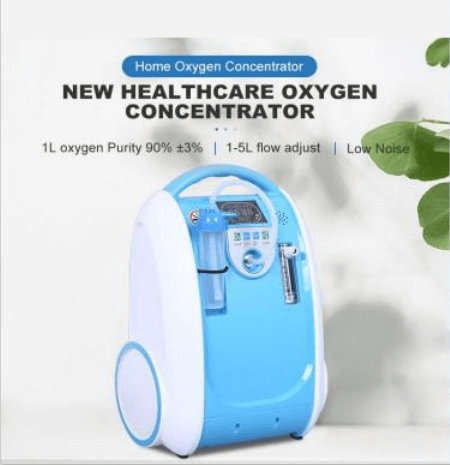In medicine, the smaller the better. Indeed, nanoscience is showing us that when your drug can get into the tiniest cells of our body, it produces better results. And nothing is smaller than molecular hydrogen. It is quickly proving to be one of the most exciting medical innovations of the 21st century.
Hydrogen, that tiny element
Hydrogen is known as the simplest and undoubtedly the most essential element, molecular hydrogen (H2) being the smallest molecule in existence. It is becoming the new therapy of choice for treating inflammation.
Medical research tells us that the hydrogen molecule is particularly unique because it has the ability to act at the cellular level. Hydrogen is able to cross the blood-brain barrier, and even penetrate the mitochondria. Under certain conditions, it even has the ability to move to the core. And once molecular hydrogen enters key positions in the cell, it has been shown to have benefits for the cell, such as antioxidant, anti-apoptotic, anti-inflammatory and cytoprotective properties.
Hydrogen therapy
As we know, water is essential to life, and is formed by the combination of oxygen and hydrogen. So it makes sense that molecular hydrogen would give you many health benefits.
Hydrogen therapy may be new, but because you can administer it 24 hours a day with every sip of water, it is a very inexpensive therapeutic tool.
